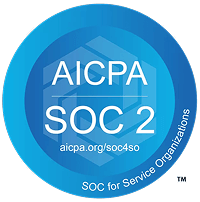The Real Measure of Success: How Many People Have You Developed?

Tristan Wilson
Leaders Build Leaders
The Real Measure of Success: How Many People Have You Developed?
Your essential guide to dominating the civil construction world with the latest tech, market trends, and wisdom.

TL;DR: Everybody in this business talks about "skins on the wall" - have you managed the tough jobs that made money? How many $10M+ projects? How many design-builds? How many jobs did you bring in under budget?
I used to think that's what mattered. I was wrong.
After 15 years in this business, I've learned the real measure of a leader isn't just the skins on your wall - it's who you've developed along the way.
The contractors who get remembered aren't the ones with the most impressive project lists. They're the ones who built people up while they were building everything else.
The Conversation That Changed Everything
A few years ago, I was having lunch with a mentor who'd built one of the most respected heavy civil companies in the country. I was bragging about a big industrial project we'd just finished ahead of schedule and under budget. Feeling pretty good about myself.
He listened patiently, then asked a question that stopped me cold:
"That's great, Tristan. But tell me - who did you develop on that job?"
I started stammering about how we had good people, how the team performed well, how everyone learned something. He cut me off.
"No. Who specifically did you invest in? Who's better at their job today because of how you led them? Who's ready for their next promotion because you took the time to develop them?"
I couldn't give him a straight answer. And that bothered the hell out of me.
Then he said something that really stung: "You know what your problem is? By trying to do everything yourself, you're actually holding your team back. Go read 'The One Minute Manager Meets the Monkey.' You'll understand what I mean."
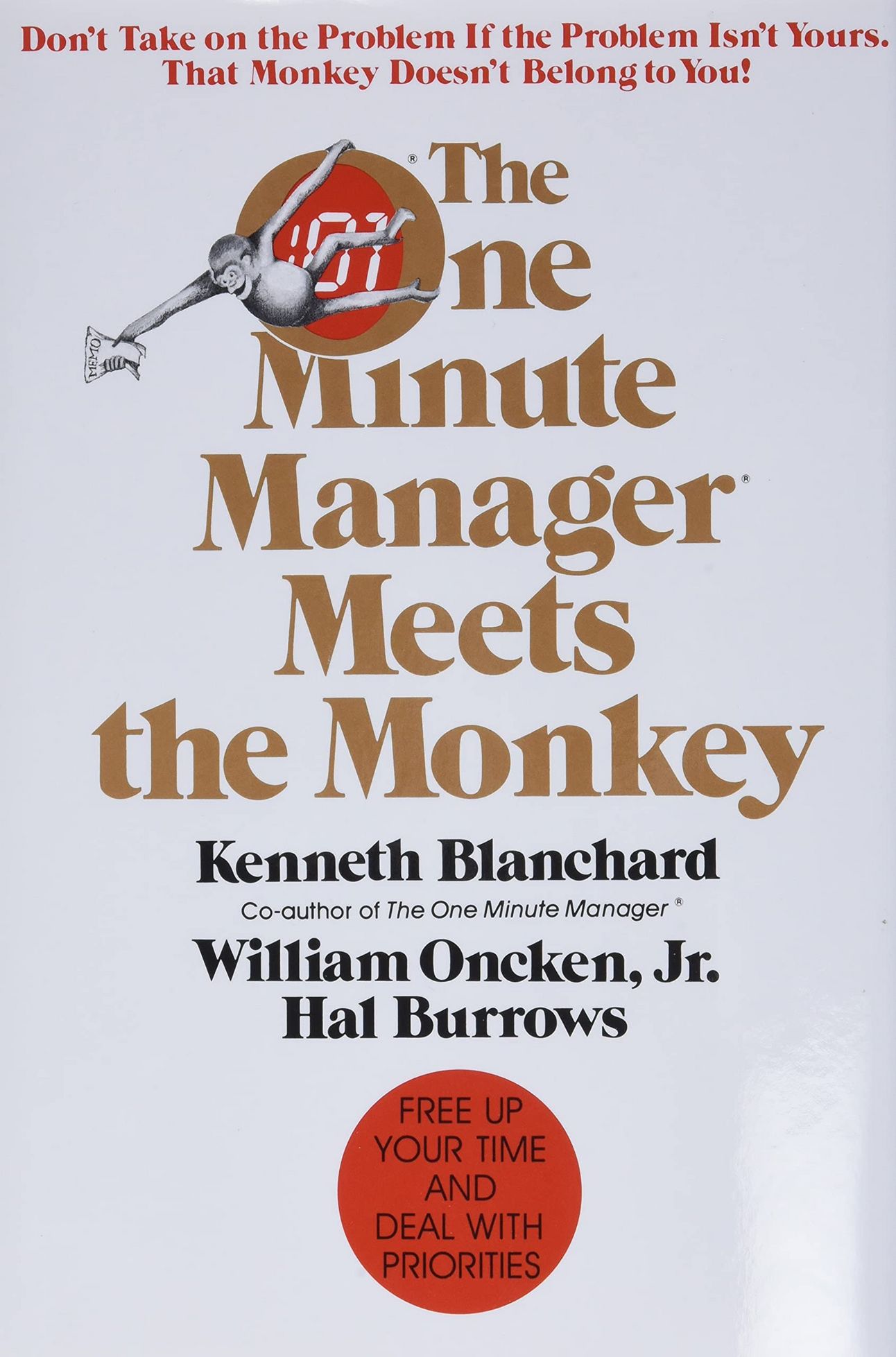
That little book changed my perspective completely. I realized I wasn't just failing to develop people - I was actively preventing their growth by taking every monkey off their back and putting it on mine.
What I Learned About Myself
The truth was, I'd been so focused on executing the work that I'd forgotten about developing the people doing the work. I was managing projects, not building leaders.
Sure, people learned things on my jobs. But was that because I intentionally developed them? Or was it just the natural byproduct of working on complex projects?
There's a huge difference.
I started paying attention to the leaders I respected most in this industry. Without exception, they all had one thing in common: they were constantly developing people. Not just their direct reports - everyone around them.
The Young PM Who Changed My Perspective
When I took over as a Division Manager, I inherited a young PM. Smart kid, relatively fresh out of college, but still pretty green. He was overwhelmed, making mistakes, and honestly, I was getting frustrated with him.
The easy thing would have been to request someone more experienced. Instead, I decided to make developing this kid my personal mission.
Here's what I did differently:
Every morning, I'd spend 15 minutes with him going over the day's priorities. Not just telling him what to do, but explaining why we were doing it that way.
I brought him to every owner meeting, every bid review, every difficult conversation. Even when it would have been faster to handle it alone. I gifted him books that had helped shape my perspective.
When he made mistakes - and he made plenty - I'd walk through what went wrong and how to prevent it next time. I allowed him fail. No yelling, no public embarrassment. Just teaching.
Most importantly, I gave him real responsibility and autonomy. Not busy work, but actual decisions that mattered to the job.
Fast forward 12 months later, this kid was running circles around PMs with twice his experience. Today, he's managed tens of projects and is absolutely crushing it. And you know what? He's doing the same thing with his people that I did with him.
That's when it clicked for me. The best investment I could make wasn't in new equipment or better software. It was in developing people.
Why Most Leaders Fail at Development
Here's the brutal truth: most of us are terrible at developing people. And it's not because we don't care - it's because we don't make it a priority.
We tell ourselves stories:
- "I don't have time to teach"
- "They should figure it out themselves like I did"
- "If I have to hold their hand, they're not right for the job"
- "I'll develop them later when things slow down"
BS. Things never slow down in construction. If you're waiting for the perfect time to develop people, you'll be waiting forever.
The reality is that developing people takes time upfront. It's an investment. And like any investment, the payoff comes later.
The Multiplication Effect
Here's what I learned about developing people: It multiplies everything.
When you develop someone, they don't just get better at their job. They start developing others. It creates a ripple effect that extends far beyond your direct influence.
I can trace half the successful PMs in our company back to three people. Those three developed others, who developed others, who developed others.
That's leverage you can't buy.
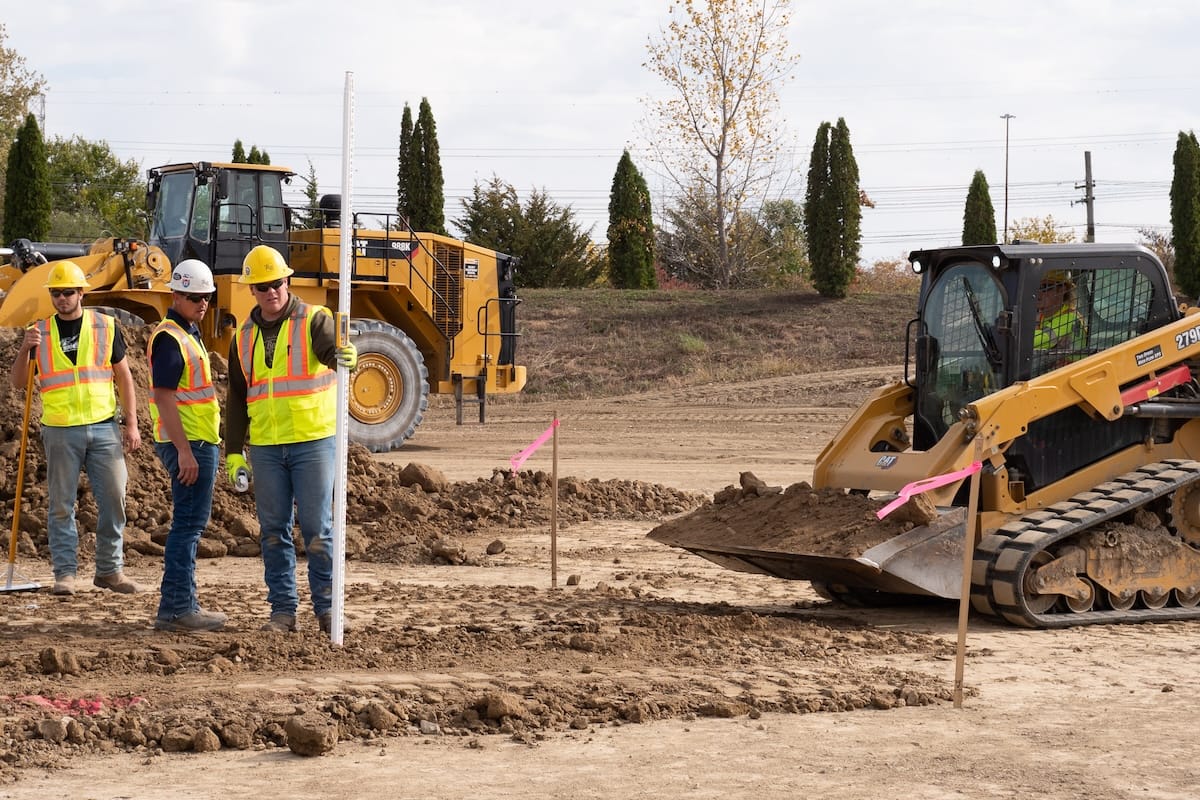
Photo Credit: Associated Construction Publications
How to Actually Develop People
Forget the formal training programs and corporate development initiatives. Real development happens in the trenches, on real projects, with real problems.
Daily Investment: Spend 15-30 minutes every day with your key people. Not managing them - developing them. Ask what they're learning, what they're struggling with, what they need from you.
Real Responsibility: Give people meaningful work that stretches them. Yes, they'll make mistakes. That's the point. Mistakes are where the real learning happens.
Explain the Why: Don't just tell people what to do. Explain why you're making certain decisions. Let them see inside your thought process.
Bring Them Along: Include developing leaders in meetings, conversations, and decisions they're not ready for yet. They'll learn by watching and listening.
Create Teaching Moments: When problems arise - and they will - use them as development opportunities. What went wrong? How could we prevent it? What would you do differently?
Celebrate Their Wins: When someone you've developed succeeds, make it public. Let everyone know you're proud of their growth.
Give Genuine Praise: The best executive I ever worked with was a hardass. He was in your face, demanded excellence, and didn't suffer fools. Everyone thought he was tough to please. And he was. But what few people saw was how generous he was with praise when it was earned. After big meetings, he'd call me and say things like "I'm really proud of how you handled that question about the team - you stood up for your guys and that matters." Those words meant a lot to me. I remember every genuine compliment I've ever received. Don't hold back praise when it's due.
The Personal Cost
I won't lie to you - developing people is hard work. It's easier to just do things yourself. It's faster to hire experienced people rather than develop inexperienced ones.
But here's what I've learned: The leaders who take shortcuts on development end up working alone. They become bottlenecks. Everything has to go through them because they never built a team that could operate independently.
The leaders who invest in development create systems that work without them. They build organizations that can grow, adapt, and thrive even when they're not in the room.
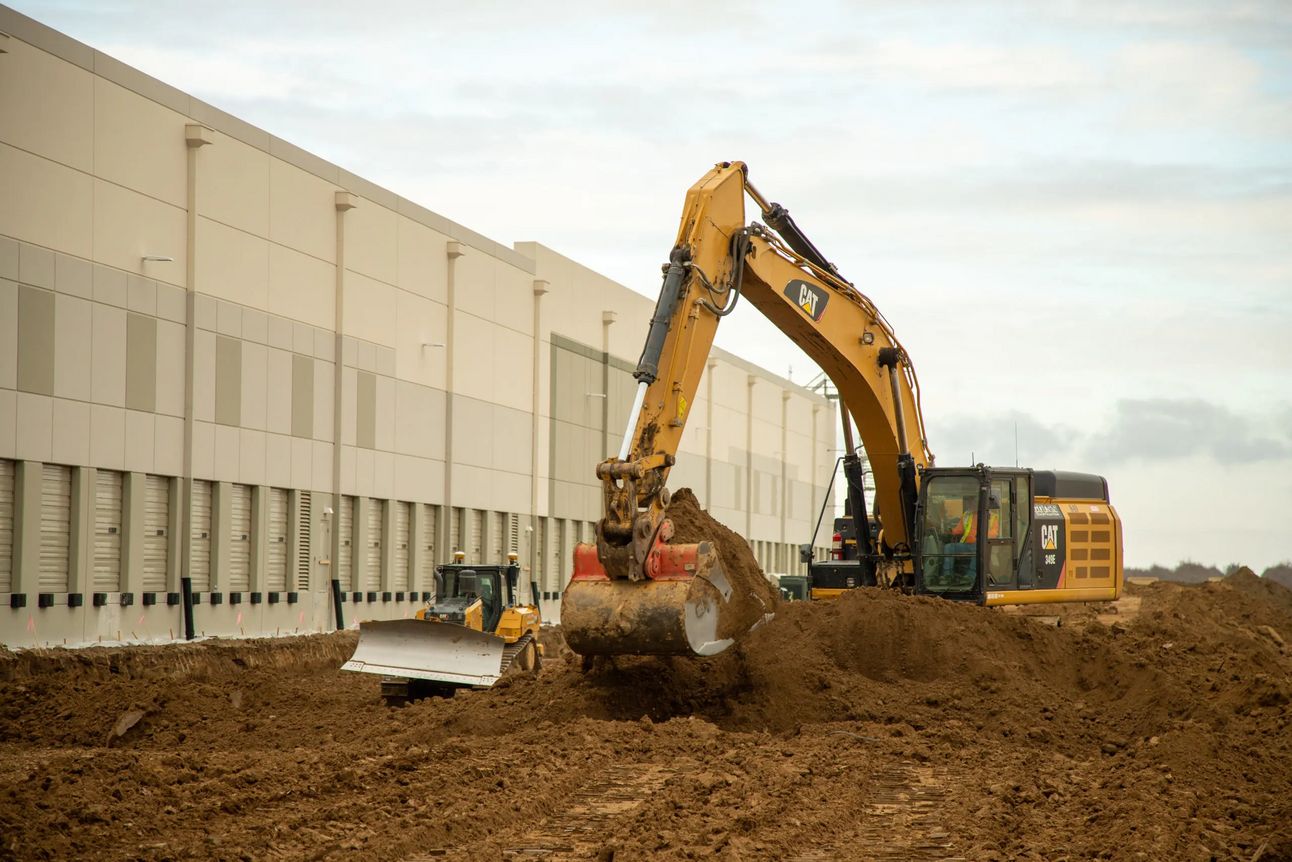
Photo Credit: Guinn Construction
A Personal Scorecard
Today, I measure success differently. Sure, I still care about P&L and project performance. Those are table stakes. But another scorecard is simpler:
- How many people have I developed?
- How many are in leadership roles today?
- How many are developing others?
- How many would say I made a meaningful impact on their career?
That's the scorecard that matters.
The Challenge
So here's my challenge to you: Stop measuring yourself by what you've accomplished. Start measuring yourself by who you've developed.
Look around your organization. Who are the young, hungry people with potential? Who could be great with the right investment?
Pick one. Maybe two if you're ambitious. Make their development your personal mission for the next six months.
Don't wait for HR to create a development program. Don't wait for your boss to tell you it's a priority. Don't wait for the perfect candidate to walk through the door.
Find someone with potential and invest in them. Daily. Intentionally. Relentlessly.
Because at the end of your career, nobody's going to remember the size of your projects. But the people you developed? They'll remember you forever.
And they'll do the same for others.
That's how you build a legacy in this business. Not with concrete and steel, but with people.
The best leaders I know all share one trait: they're obsessed with developing the next generation. If you want to join their ranks, start today. Find someone to invest in, and get to work.
Thanks for reading this week!

.avif)

.avif)
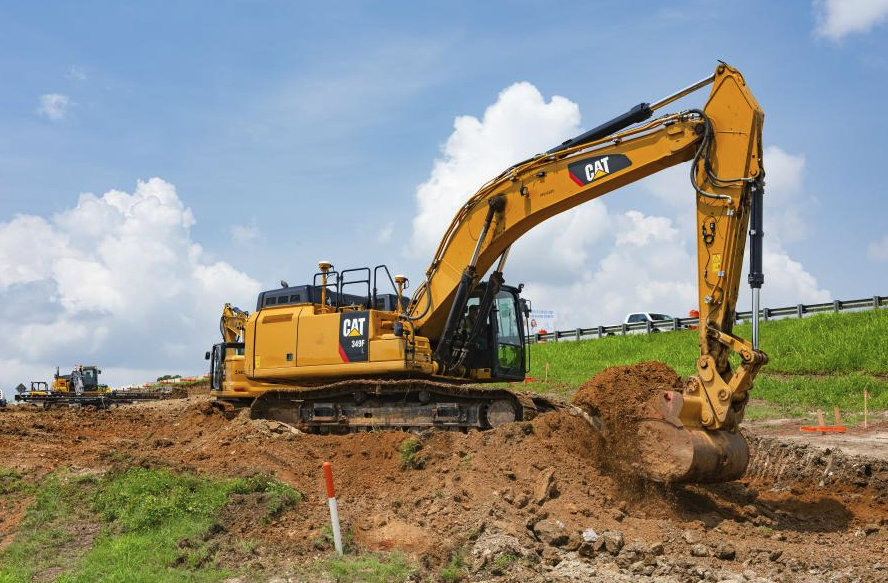

.svg)

